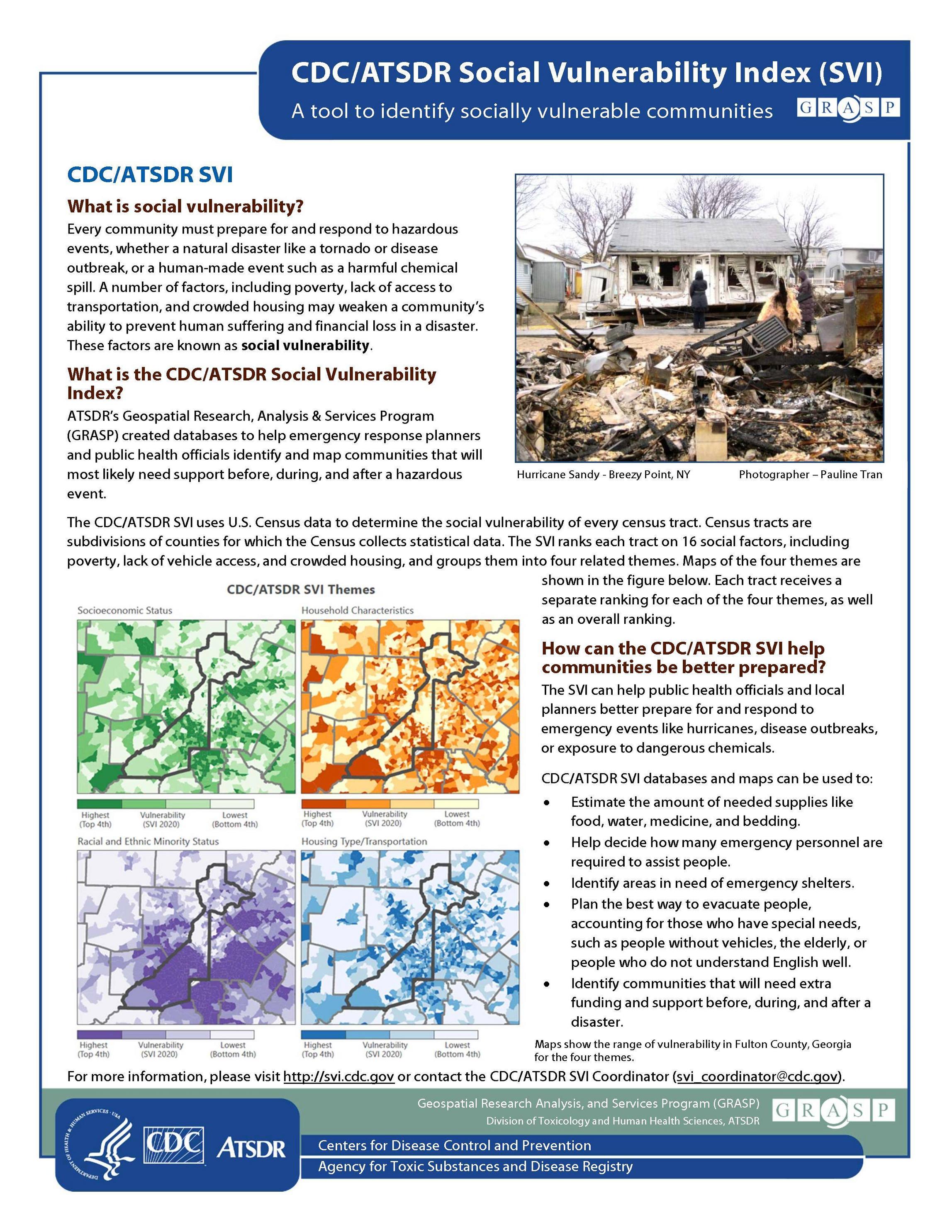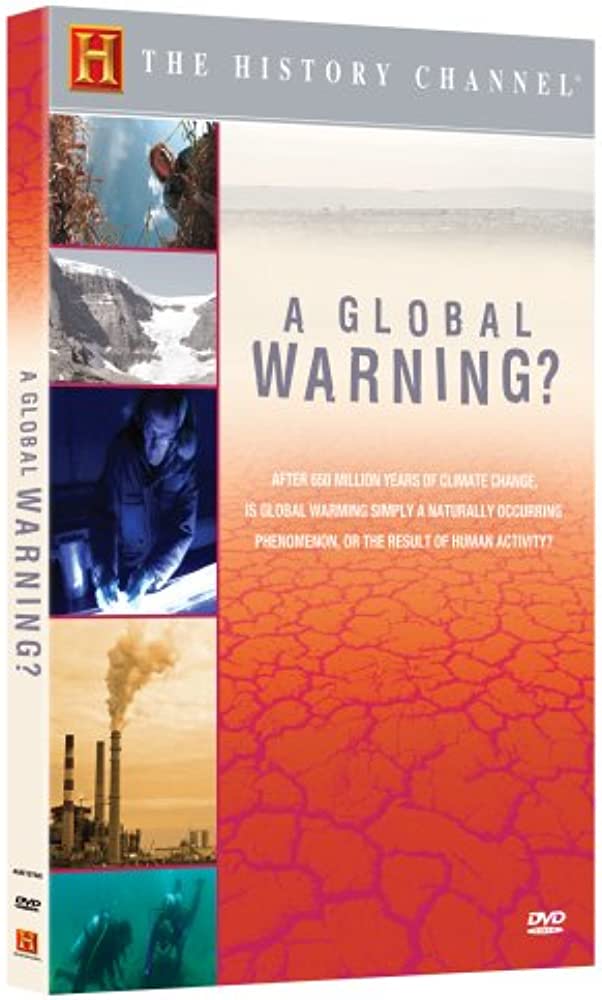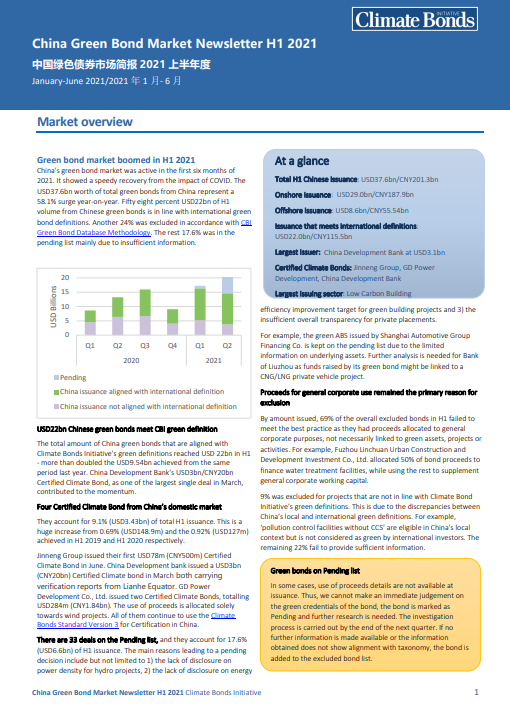
As the global population continues growing, so does the need for food. However, there are many obstacles to food security around the world. These include rapid food security transitions, higher prices, overconsumption and inefficient supply channels. Climate change will also have a significant impact on food production, distribution, consumption, and consumption. There are many options to reduce and adapt to the impact of climate change.

Climate-smart practices in agriculture can help to reduce emissions from livestock production. These strategies are useless without concerted action to decrease greenhouse gas emissions from agriculture practices. A global food system reform is needed to reduce net food system emission and promote responsible consumption. It is important to establish effective data collection systems and build a robust emergency foods reserve.
It will also be crucial to develop technology that improves the efficiency of agricultural practices, and to create efficient post-harvest management and waste management systems. Scientists must also be able to better understand how dietary interventions can reduce food waste and promote the well-being of communities. These activities can be facilitated by the scientific community. They can help you determine how to manage your dietary interventions effectively and what the best cost-effectiveness of these initiatives is.
Another key role for the scientific community is to create global knowledge systems in sustainability. Such a system would integrate information about human population dynamics, ecosystem services, and agricultural practices into a comprehensive framework. This information is particularly useful for fostering the development a food system that can withstand sudden climate changes.
Additionally, scientists can quantify and communicate climate change vulnerability in agriculture. By providing insight into the economic benefits of climate-smart farming techniques, they can help to mobilize more investment in agriculture. This can help reduce the negative impact of climate change upon food security. Scientists can also identify potential areas for greenhouse gas mitigation.

Scientists have much to offer, but a coordinated global response requires a multi-dimensional and complex effort. In order to succeed, governments, private businesses, and civil society organizations must coordinate their efforts. Governments should work to ensure that policies are based on evidence, and that research is directed towards identifying the most practical policy solutions. For this to happen, governments must create common platforms, such a national and international climate and food security committees. The private and public sectors should invest equally in sustainable, low-waste supply channels.
Finally, scientists can help to develop a coherent and multi-disciplinary understanding about food insecurity. This understanding will help to develop strategic and flexible investments, as also to create evidence-based policy options. Research should focus on the following areas: the most efficient dietary interventions; how to improve the nutritional quality of diets; the most effective methods of managing food losses; and the most cost-effective ways to reduce food waste.
FAQ
How do climate change and global warming impact agriculture and food security?
Climate change, global warming, and other factors have direct impacts on agriculture and food supply. The changing climate can impact rainfall patterns and temperatures as well as soil moisture levels. Extreme weather is also possible. This can disrupt farming activities, reduce crop yields and lead to losses of agricultural biodiversity. Warmer temperatures could lead to the growth of pests or diseases, which can have a negative impact on crops. This can result in higher costs for food production, and worsening hunger and nutrition around the world.
Rising sea levels pose a further threat. They could inundate valuable agricultural land in many coastal areas, leading to higher salinity levels in wetlands, where important crops are grown. Livestock production is similarly affected by the changing climate - high temperatures during summer months can reduce fertility rates for animals like cattle, sheep, and goats, resulting in lower milk yields which exacerbate food insecurity across communities.
Global warming and climate change are complex issues. However, governments around the world are making efforts to reduce these effects through adaptation strategies such as climate-smart agricultural (CSA) strategic investments. This involves promoting sustainable methods such as crop rotation techniques or genetic diversity through the conservation of native seed varieties, which help protect against negative impacts from extreme weather conditions or other environmental stressors caused by the changing climate. In addition, CSA strategies call for reductions in greenhouse gas emissions through the use of renewable energy sources and the reduction of deforestation-related logging activities.
Global farmers must adapt to climate change in order to ensure food security. Existing infrastructure must be improved to allow for the appropriate action when necessary. This includes stabilizing irrigation networks that have adequate access to water during periods when there are less water sources due either to extreme downpours or warmer climates. It is essential to create sustainable solutions that adhere to the international guidelines for quality nutrition in our changing climates. This requires collaboration between all stakeholders, from government agencies at an international level to local NGOs.
What are the causes for climate change
Climate change is a worldwide phenomenon caused by an increase of human-generated greenhouse gasses emitted into the atmosphere. This is mainly due to fossil fuel burning for power and transportation. These emissions result in trapping more of the sun's heat in Earth's atmosphere, resulting in rising global temperatures.
Other factors contributing to climate change include population growth, land clearing and destruction of ecosystems, deforestation, energy consumption, and over-grazing. This further reduces the number of naturally occurring carbon sinks that absorb CO2 from the atmosphere. Climate change may also be caused by natural factors such as changes to solar radiation.
These combined human activities result in overloading Earth's capacity to properly balance its energy budget, leading to an average increase of 1 degree Celsius globally since pre-industrial times. Glaciers are melting faster than they become and sea levels are rising as the oceans absorb most of the heat energy. Other negative consequences include water scarcity, droughts and extreme weather events like flooding and hurricanes.
It is vital that we reduce our carbon footprint immediately and stop releasing greenhouse gases. This will help us protect ourselves against further damage from climate change. Along with reducing our dependence upon fossil fuels to generate electricity, it is important to invest in renewable sources like wind turbines or solar cells that do not emit harmful pollutants into nature. Also, reforestation is a sustainable practice that can restore balance to the delicate planetary cycles which are essential for our survival.
How can the impact of climate change be reduced or mitigated?
There are many ways to reduce or mitigate the impact of climate change. These include reducing greenhouse gas emissions through better energy practices and using alternative sources of energy such as renewable resources, employing more efficient agricultural techniques, improving land management practices, enhancing air quality laws, protecting forests and wilderness habitats, protecting against extreme weather events such as floods and droughts, investing in sustainable transport systems, strengthening early warning systems for disasters, beginning a research program on the impact of climate change on biodiversity and ecosystems, investing in green technologies such as solar panels or wind turbines, encouraging sustainable consumption habits, implementing suitable environmental regulations across all sectors of society. Additionally increasing public education about climate change is also important as it encourages people to feel responsible for their actions.
Statistics
- This source accounts for about 10% of all the water that enters this highly productive farmland, including rivers and rain. (climate.nasa.gov)
- The 10 countries with the largest emissions contribute 68 percent. (un.org)
- features Earth's average surface temperature in 2022 tied with 2015 as the fifth warmest on record, according to an analysis by NASA. (climate.nasa.gov)
- According to the 2014 report on Climate Change Impacts, Adaptation, and Vulnerability (page 8) from the United Nations Intergovernmental Panel on Climate Change, governments at various levels are also getting better at adaptation. (climate.nasa.gov)
- The 100 least-emitting countries generate 3 per cent of total emissions. (un.org)
External Links
How To
How to integrate sustainable practices into your everyday life to fight climate change
Reduce your consumption of food, energy, and clothing is one way to incorporate sustainability into your everyday life. You can shop secondhand or borrow items from friends and family instead of purchasing new items every day. Also, vegetarian meals can be a great way to cut down on methane from livestock production. To conserve energy, it is a good idea to turn off all lights when you leave a room.
One way to combat climate change, is to decrease emissions from transportation sources like planes and cars by carpooling. We can also opt for renewable power sources such as solar panels in replacement of traditional fossil fuels to generate electricity at home. Supporting measures on the policy level that are promoting clean air regulations is also important in order for action on climate change to effectively happen. Finally, engaging with others around issues like ending plastic pollution and deforestation is hugely beneficial since it creates more conscious citizens who will act upon their knowledge!